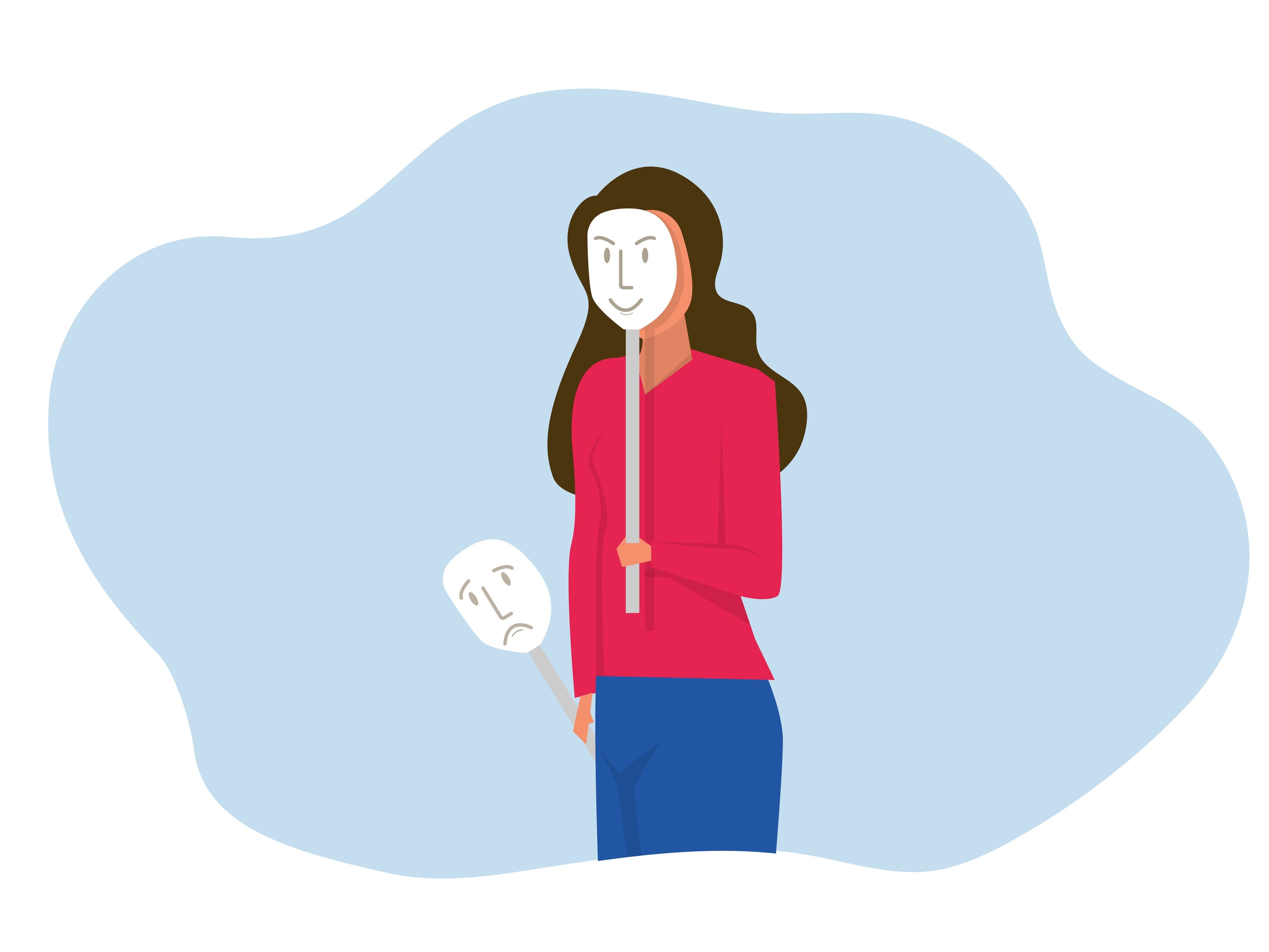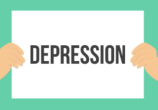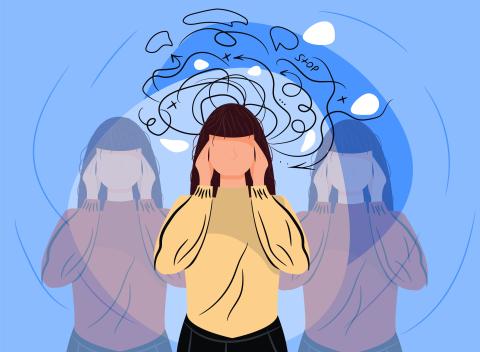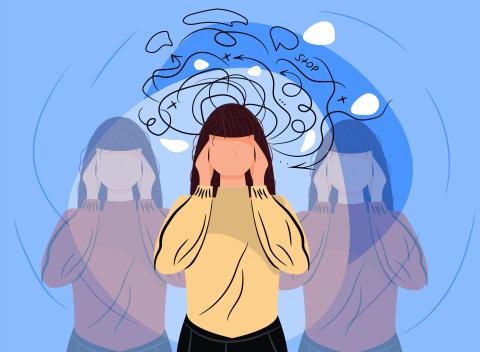Toxic Positivity
Toxic Positivity

Toxic positivity has become increasingly popular in news media since 2020. Searches for the term have doubled since January of 2020 and the issue has been discussed in publications including the Wall Street Journal, the Review, as well as psychology texts and blogs.
What is toxic positivity?
Descriptions of toxic positivity vary, though there are some common elements in each definition. Toxic Positivity occurs when encouraging statements are expected to minimize or eliminate painful emotions, creating pressure to be unrealistically optimistic without considering the circumstances of the situation.
What’s so bad about positive thinking?
Imagine for a moment that you could truly embody the “good vibes only” mantra. No single negative thought is allowed to enter your mind and you are feeling nothing but bliss – sounds pretty great right? And then, you hear about your dog getting sick and… you feel nothing but happiness? Or perhaps, you hear of the passing of a loved one, or read about a tragedy occurring in the world. These are just a few examples where “good vibes only” starts to feel unproductive and unhelpful.
In cognitive behavioral therapy (CBT), changing our thinking patterns is an important part of treatment for both depression and anxiety. This includes changing mindsets, examining issues through different lenses, and even, positive thinking. Where positive thinking becomes toxic is when it is expected to get rid of negative feelings. It can be presented as a demand that we must be positive at the expense of other feelings. Of course, we all want happiness – for ourselves and our loved ones, but to expect that the only feeling we should have is happiness is unrealistic. If you set a goal to have “100 days of happiness” does it mean you’ve failed if you feel sad on day 3?
Where do these messages come from?
Toxic positivity happens in relationships – we can either be on the receiving end of the messages from others or be the ones giving toxic messages – and within ourselves. It is not uncommon to find ourselves thinking we need to “toughen up” or “stop whining,” but these messages don’t acknowledge the pain that we are currently feeling and seek to squash it instead.
In relationships, if one person believes that they cannot voice how they feel in an authentic way (for fear of being told to “keep their head up,” for example), feelings of anger can lead way to conflict or isolation and withdrawal. Let’s face it, why would you want to keep talking to someone about how you feel when you are only given the message that you should feel better? Similarly, we can put these toxic demands to “only focus on the positive” on ourselves, often creating unrealistic expectations of how we should feel. If left unchecked, these thoughts can increase anxiety and depression.
What can we do?
Instead of promoting messages that we should only feel a certain way, try to make room for thoughts and feelings, even if they are uncomfortable. The goal is not necessarily to feel better (as in, achieving a state of happiness or bliss with no negative vibes whatsoever), but to FEEL better – feel the entire range of emotions in a healthier way. Making room for feelings, even painful ones like sadness or anxiety can get us out of the toxic positivity cycle.
Look out for thoughts that include words like “should” or “must”, because it can be an indication of an unhelpful expectation. The belief that “I should be having good vibes only” is setting an expectation that is extreme and unhelpful. Moving away from extreme positions to a place of balance improves our mental health and overall wellbeing.
Finally, validating ourselves when our brains give us toxic messages is as important as validating one another in relationships. Think about someone in your life who is compassionate and caring for others, and try to imagine how they would respond to painful situations. Then, try to give that same message to yourself and others. Look for understanding about how even painful feelings make sense based on our experiences, and acknowledge that things can be difficult and okay at the same time.
ADAA References
Toxic Positivity At Work: Examples And How To Deal With It, Forbes, Graham Reynolds



















